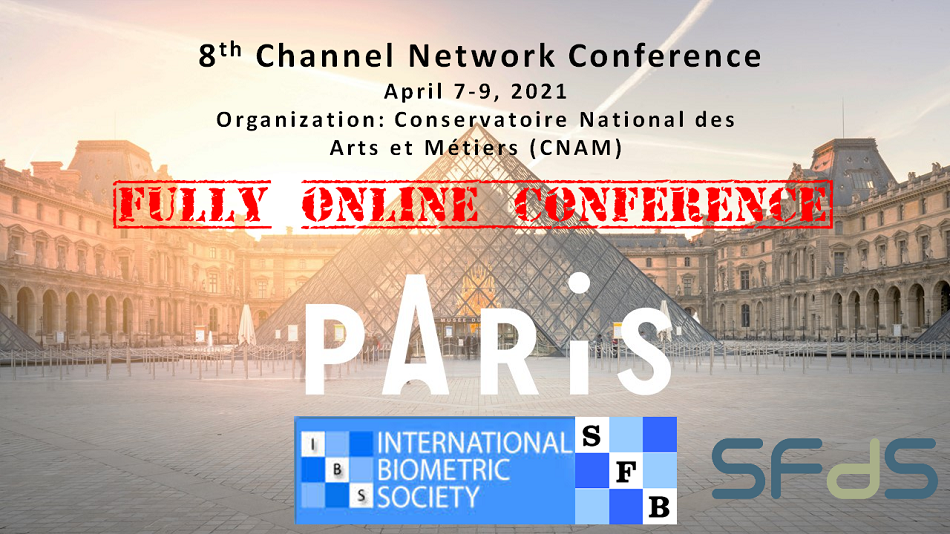
|
|
|
Invited sessions
KeynoteThe opening Channel Network Conference Keynote presentation will be given by Jeanine Houwing-Duistermaat (University of Leeds, School of Mathematics, Statistics Institute) - Statistical sciences and interdisciplinary research.
The closing Keynote presentation will be given by Mathias Drton (Technical University of Munich, Department of Mathematics) - See a short biography here. - Causal discovery from observational data.
Invited SessionsIntegrating and analyzing data from different sources (Data Integration)A systemic understanding of complex systems, such as molecular deregulation in human disease, requires the joint processing and analysis of data from different modalities. This integrative approach has especially gained traction in the molecular life sciences where high-throughput technology can collectively quantify a molecular totality, such as the genome, the proteome, or the metabolome. This session highlights the latest challenges and methods in high-dimensional omics data integration. Invited speakers:
Statistical modeling in movement ecologyOrganism mobility is a fundamental characteristic of life. The emerging field of Movement Ecology is providing spatio-temporal data on the processes that drive mobility. Understanding these processes holds great promise for many pressing problems, such as wildlife conservation and the spread of animal-borne (zoonotic) diseases. This session highlights the current frontier of statistical methods that support inference about organismic trajectories. Invited speakers:
Infectious diseasesShort description not yet available Invited speakers:
|
| Online user: 2 | Privacy |

|
